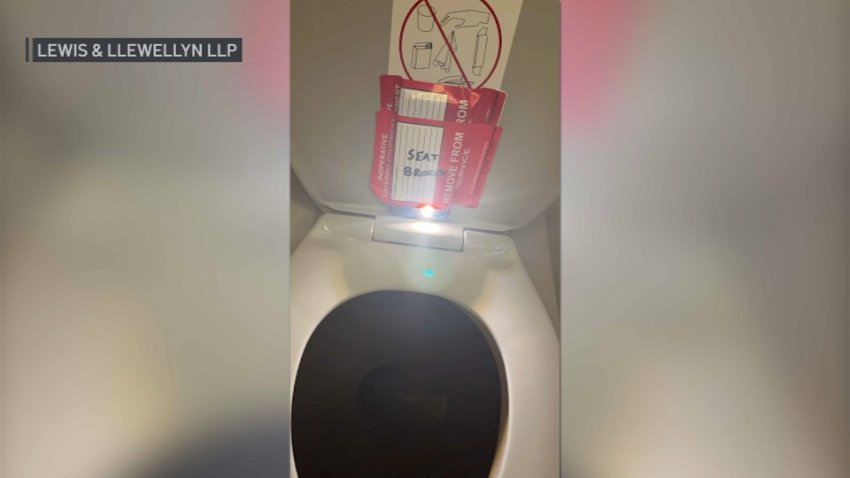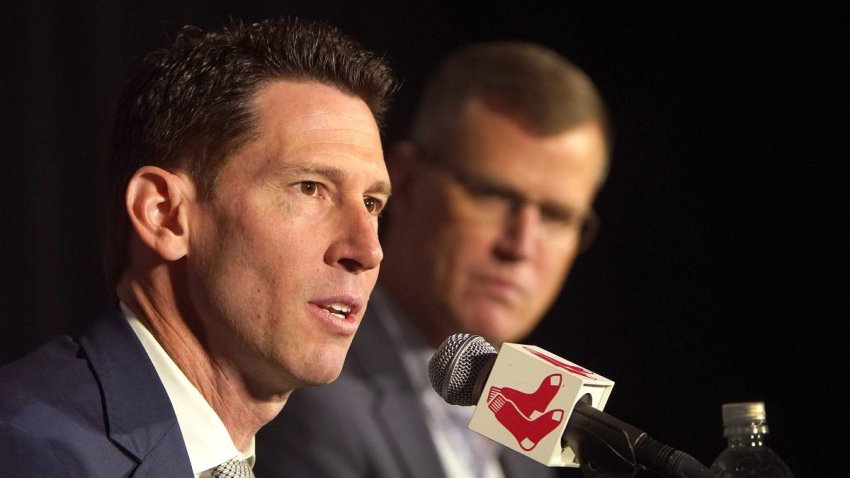
Health care workers rally to support immigrant coworkers amid ICE threat
At a weekly rally outside a Mass. ICE facility, doctors, nurses and immigrant advocates demanded an end to immigration raids, saying they are disrupting patient care and creating fear.






















